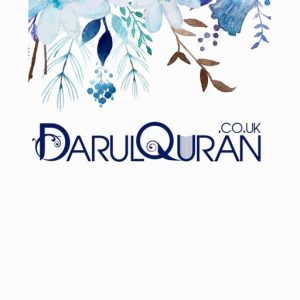
Abstract
Given that Iran’s population is young and all these young people have to fulfill their military service in military centers, it is worthwhile (decent) to study the quality of life of this stratum of society. Objectives: The main objective of this study is to examine socio – economic factors associated with quality of life of soldiers with emphasis on Quranic teachings. Methods: Data were collected from the structured questionnaire designed for 209 soldiers, who were selected by systematic random sampling. Statistical methods of Cronbach’s alpha for assessment (tools) reliability, Pearson correlation coefficient for testing hypotheses, analysis of variance to test statistical comparison and regression were used in this study. Results: According to research findings there is a significant relationship between the variables including: age (r = -0.241), time spent in military service (r = 0.21), housing status (t = 22.90), social class identity (f = 14.95), religious orientation (r = 0.41), social capital (r = 0.12), self-esteem (r = 0.34) and the quality of life of soldiers. Conclusions: Based on research findings it can be concluded that the variable of quality of life is affected by other variables including: religious orientation, time spent in military service, self-esteem, age, education and housing status. And any changes in each of these variables will change the quality of life of soldiers.



